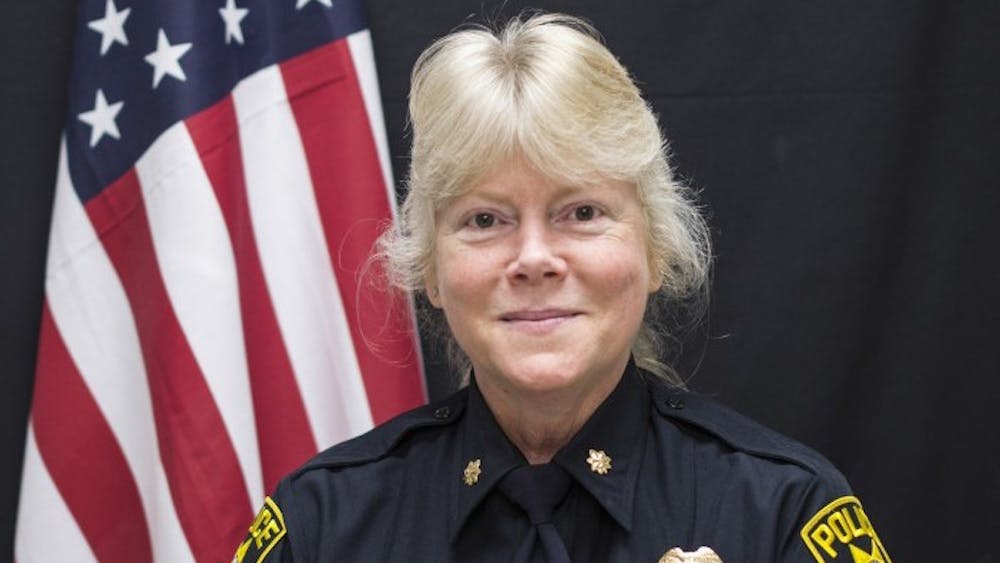I’m the middle child in my family, which means I typically don’t have much to worry about. When my older brother, David, went away to school, I was a sophomore in high school and just shrugged it off. I knew things would change, but I still had my younger brother, Alex, who's two years younger than me. I always wondered what it was like for my younger brother when I left. He became the only child in the household — he had to attend family events alone and wait for us to come home for the holidays. I thought this would have been strange for him, but he claims it really wasn’t.
Q: What was it like when David left for college? How did the dynamic of the household change when it was just mom, dad, you and me?
A: It was hard when David left for college because he was the person I looked up to. He was the bigger brother that made smart decisions for me, and when he left for college I had to rely on myself to make those decisions. But the dynamics of the house were similar in the sense of how attitudes were concerned, but there were more chores for you and I to accomplish before mom and dad got home from work.
Q: What about when David and I left and were at college and it was just you?
A: When both of you guys left for college it was completely different. There were more chores that needed to be done, I was relied on to do certain activities that they were used to doing that I needed to learn how to do. I had to make my own decisions and not get a second person's input, which I used my siblings for immensely.
Q: Did mom and dad do anything to help you handle being an “only” child for two years?
A: Mom and dad didn’t really help me handle being an only child for two years because they didn’t have to. I was starting to become independent during that time by making my own choices and doing what was best for me. I still used my parents for some things, but I tried to do a majority of things by myself. They helped in a sense by buying me things that I needed for school or just for my social well-being.
Q: What advice would you give another person whose eldest siblings have all gone off to college?
A: The advice that I would give to other siblings would be to not lose your head when having to do more things around the house. You want to help your parents out as much as possible, even if the task makes no sense whatsoever. You also want to focus on yourself a bit, too. You want to see if you can make your own decisions and become independent, because in a couple of years you will be in the same boat your siblings are in. Being an “only child” requires good balance between your own life and your family life.
QUOTE TO USE FROM STOCKTON ABOUT THIS IF WE NEED SPACE
Nancy Stockton, Director of IU Health Center's Counseling and Psychological Services
When an older brothers or sisters leaves home for college, it offers a natural opportunity for younger siblings to form a different relationship with them. Over the years I have heard so many students say, “my younger sisters and I used to fight constantly. Now that I am at school we have a great relationship”. The separation that college affords, while it can be sad, allows each sibling a chance to forge a new or expanded role in their relationship. The college student can be more of a mentor and guide, helping the younger student learn more about the responsibilities, stresses and pleasures of being a college student. Inviting the younger sibling to come for a campus visit can be a memorable experience in their evolving relationship. As for the younger siblings, they can move into more of a supportive and important confidant role. They can be excellent listeners, as their college student siblings talk with them about successes and problems they are experiencing. I frequently here students comment that their younger siblings offer good advice. The support of younger and older siblings can certainly be mutual and flow in both directions.
Sometimes younger siblings are experiencing significant problems, and family members may try to put excessive pressure on the college student to come home and help, perhaps compromising their own studies. If this happens students might want to consider talking with a counselor at CAPS or elsewhere to help them balance family demands and responsibility and the work involved in following their own college paths.





